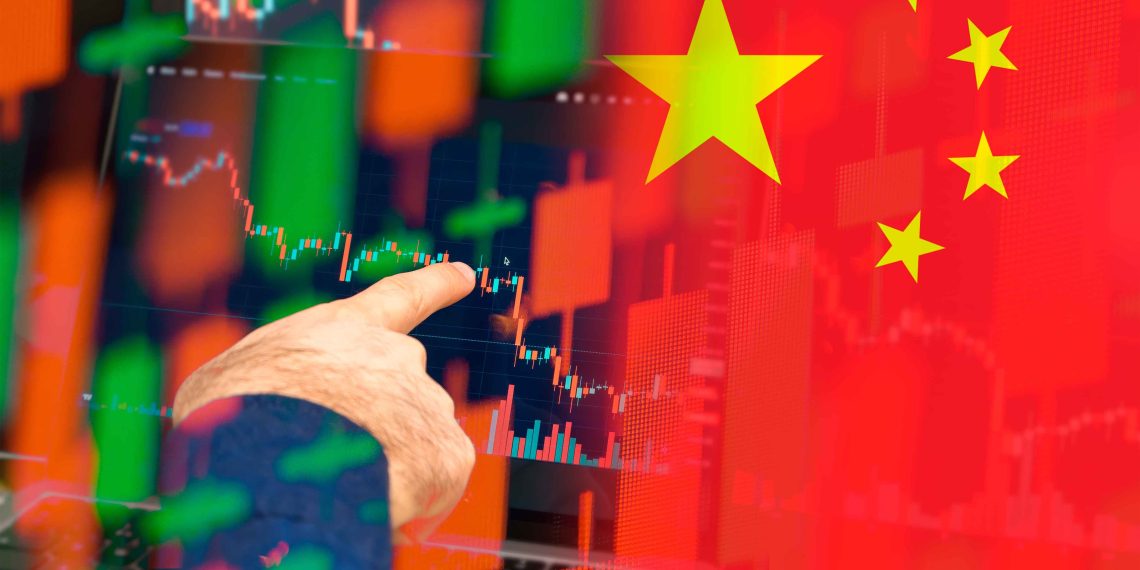Eastern Asia ranks as the fifth most active crypto market globally, contributing 8.8% to worldwide crypto activity between July 2022 and June 2023. While the region’s crypto market isn’t as heavily influenced by institutional activity compared to other major markets, it boasts a higher engagement in decentralized finance (DeFi) than comparable regions like the Middle East, North Africa, and Latin America.
In recent years, Eastern Asia’s crypto market has seen a decline—once a dominant force driven by China’s enormous trading and mining sectors. Since 2019, China’s influence has waned, largely due to the country’s strict regulations and bans on cryptocurrency. Despite these hurdles, Hong Kong has emerged as a beacon of hope for the region, with a series of crypto-friendly initiatives sparking optimism about the future of digital assets in East Asia.
Hong Kong’s Crypto Rise: A Sign of Change for China?
Hong Kong has gained attention for its growing crypto market, receiving an estimated $64 billion in crypto transactions between July 2022 and June 2023. While China still surpasses Hong Kong, with $86 billion in the same period, the comparison is striking given Hong Kong’s much smaller population. Much of Hong Kong’s crypto activity is driven by its over-the-counter (OTC) markets, where high net-worth individuals and institutional investors privately conduct large transactions, often bypassing mainstream exchanges.
This surge in activity has raised speculation that Hong Kong may serve as a testing ground for China’s potential shift in crypto policy. While China banned most forms of cryptocurrency in 2021, the close relationship between Hong Kong and the mainland suggests that China’s crypto stance could be evolving. Hong Kong’s implementation of rules allowing retail crypto trading in a regulated environment, along with the involvement of Chinese state-owned enterprises in crypto investments, supports this theory.
What Drives Hong Kong’s Crypto Adoption?
The key drivers of crypto adoption in Hong Kong range from institutional investments to international payments. Many high-net-worth individuals and institutional investors view cryptocurrencies, especially Bitcoin and Ethereum, as part of a diversified portfolio. Dave Chapman of OSL Digital Securities noted that digital assets are now widely accepted as part of the financial landscape, with investors keen on exploring new digital asset strategies.
Beyond institutional interests, Hong Kong also attracts foreign users who leverage cryptocurrency to move wealth out of unstable economies or bypass strict capital controls. Russians, Ukrainians, and mainland Chinese are using crypto services in Hong Kong to safely transfer assets across borders or on-ramp from fiat currency to cryptocurrency, highlighting the city’s role as a global financial hub.
Regional Trends: How Does Hong Kong Compare?
Within Eastern Asia, crypto usage varies widely. For example, South Korea, which has strict regulations making it difficult for institutions to participate in crypto markets, shows a strong preference for centralized exchanges. In contrast, Japan’s market aligns more closely with global trends, with significant engagement in both centralized and DeFi protocols.
China and Hong Kong stand out for their high levels of OTC activity, where crypto transactions are often conducted off-exchange, in grey or informal markets. Despite the Chinese government’s stringent stance on cryptocurrency, some mainland Chinese users still find ways to access digital assets through Hong Kong’s more flexible regulatory environment.
What Does Hong Kong’s Crypto Boom Mean for China?
The big question remains: Does Hong Kong’s rise as a crypto hub indicate a change in China’s approach to cryptocurrency? While it’s too early to draw definitive conclusions, the involvement of Chinese state-backed businesses in Hong Kong’s crypto initiatives suggests that the Chinese government may be exploring the potential of digital assets. However, as Chapman explained, Hong Kong’s success in becoming a global leader in digital assets doesn’t necessarily reflect a broader policy shift in China itself.
While the long-term trajectory remains unclear, Hong Kong’s proactive stance on cryptocurrency could signal a gradual easing of China’s stringent policies. As one of the largest crypto markets in the world before the 2021 crackdown, China’s potential reintegration into the global crypto ecosystem would have profound implications for the region and beyond.
A Glimpse of What’s to Come?
Hong Kong’s booming crypto market, combined with its unique relationship with mainland China, presents intriguing possibilities for the future of digital assets in Eastern Asia. As regulations evolve and international use cases expand, Hong Kong may well pave the way for broader adoption of cryptocurrency in China and throughout the region. For now, the developments in Hong Kong offer a glimpse into what could be a major shift in the global crypto landscape, with far-reaching consequences for both retail and institutional markets.





















